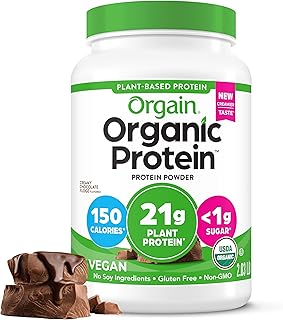Plant-based meat alternatives have gained popularity as more people seek healthier and sustainable dietary options. With over 300 plant-based proteins now available, the demand for meat alternatives continues to rise. Research suggests that plant-based diets are linked to a longer lifespan, reduced risk of diseases like type 2 diabetes, and weight management. Current dietary guidelines recommend limiting red meat intake, indicating a need for reducing meat consumption.
Plant-based meats mimic traditional meat products, offering a wide range of options from burgers to sausages, made from soy and vegetable proteins, oils, starches, and various flavors. While plant-based alternatives are generally lower in saturated fats compared to meat, they often contain additives, oils, and fillers, placing them in the ultra-processed food category. Despite some high-protein plant-based options, many still contain refined carbohydrates and vegetable oils.
It’s essential to understand that plant-based ‘meat’ differs significantly from animal-based proteins nutritionally. Animal proteins provide well-absorbed dietary protein, essential nutrients like vitamin B12, iron, and zinc, with minimal salt and carbohydrates. In contrast, plant-based alternatives offer lower protein content, higher carbohydrates, and added salts, making them nutritionally distinct from animal-based proteins.
Deciding between animal-based and plant-based proteins is a personal choice. Excessive red meat consumption, especially high-fat cuts, is linked to a higher risk of lifestyle diseases. However, when consumed in moderation, lean meats, fish, and poultry are nutrient-dense and minimally processed, making them suitable for a balanced diet. Opting for unprocessed plant-based foods like vegetables and legumes may offer more health benefits than ultra-processed meat alternatives.
For those aiming to reduce red meat intake or follow a vegetarian/vegan diet, choosing plant-based options rich in soy or vegetable proteins can be beneficial. Look for products with high protein content, low fat and saturated fat, minimal added sugars, and sodium. Adding iron, zinc, and vitamin B12 to plant-based meals can help maintain essential nutrient levels.
In conclusion, while plant-based diets offer health benefits, focusing on whole, natural plant-based foods like vegetables and legumes is crucial. While some meat alternatives provide protein and key nutrients, it’s essential to scrutinize ingredient lists and nutritional labels to ensure a balanced nutritional profile. By making informed choices, individuals can enjoy a diverse range of plant-based meal options without compromising on nutrition.
📰 Related Articles
- Sustainable Women’s Health Brands Address Period Poverty and Sustainability
- Study Reveals Health Risks in Australian Plant-Based Foods
- Stirling Men’s Shed Fosters Community, Sustainability, and Men’s Health
- Spanish Consumers Embrace Holistic Health Trends, Prioritizing Well-Being and Sustainability
- Soy Isoflavones: Balancing Health Benefits and Safety Concerns






